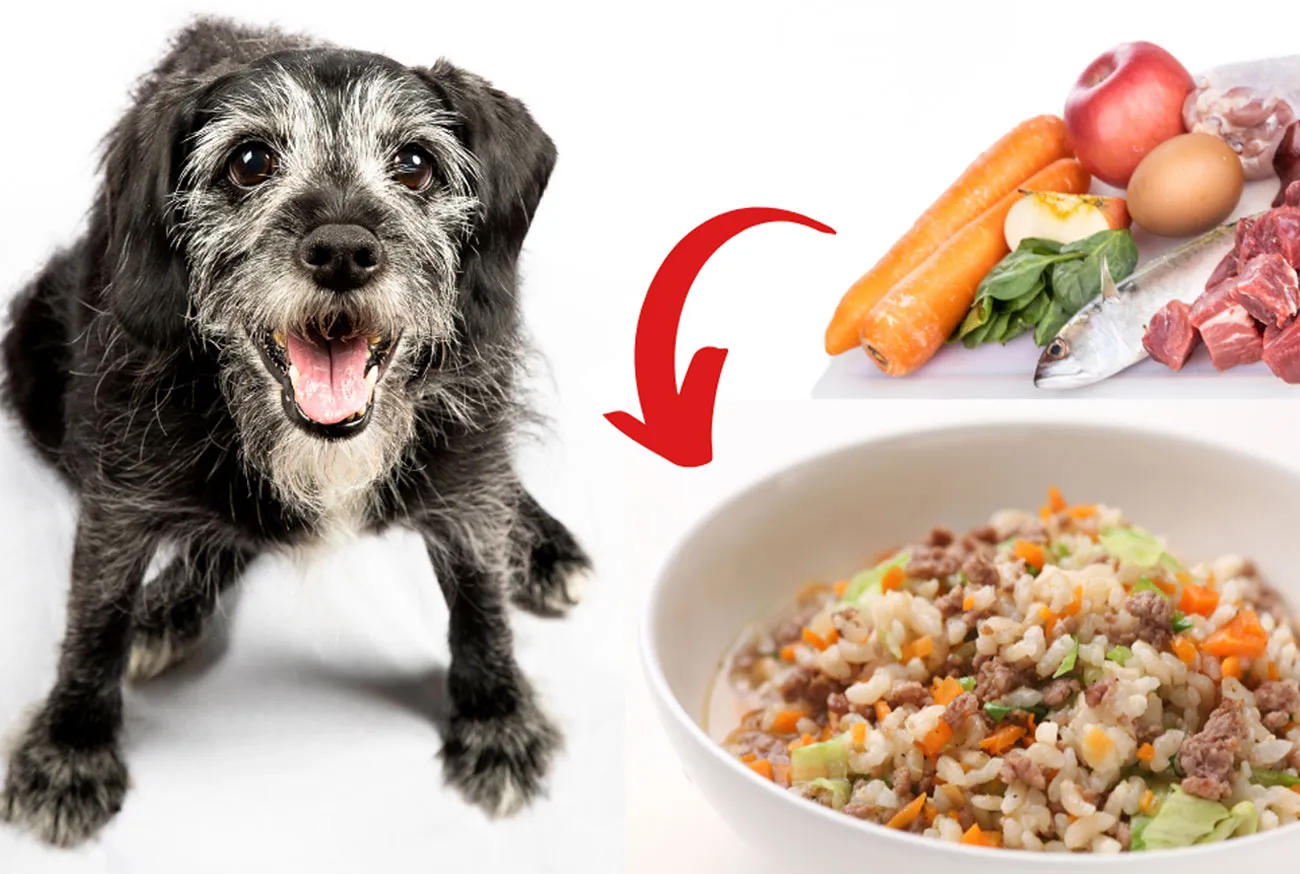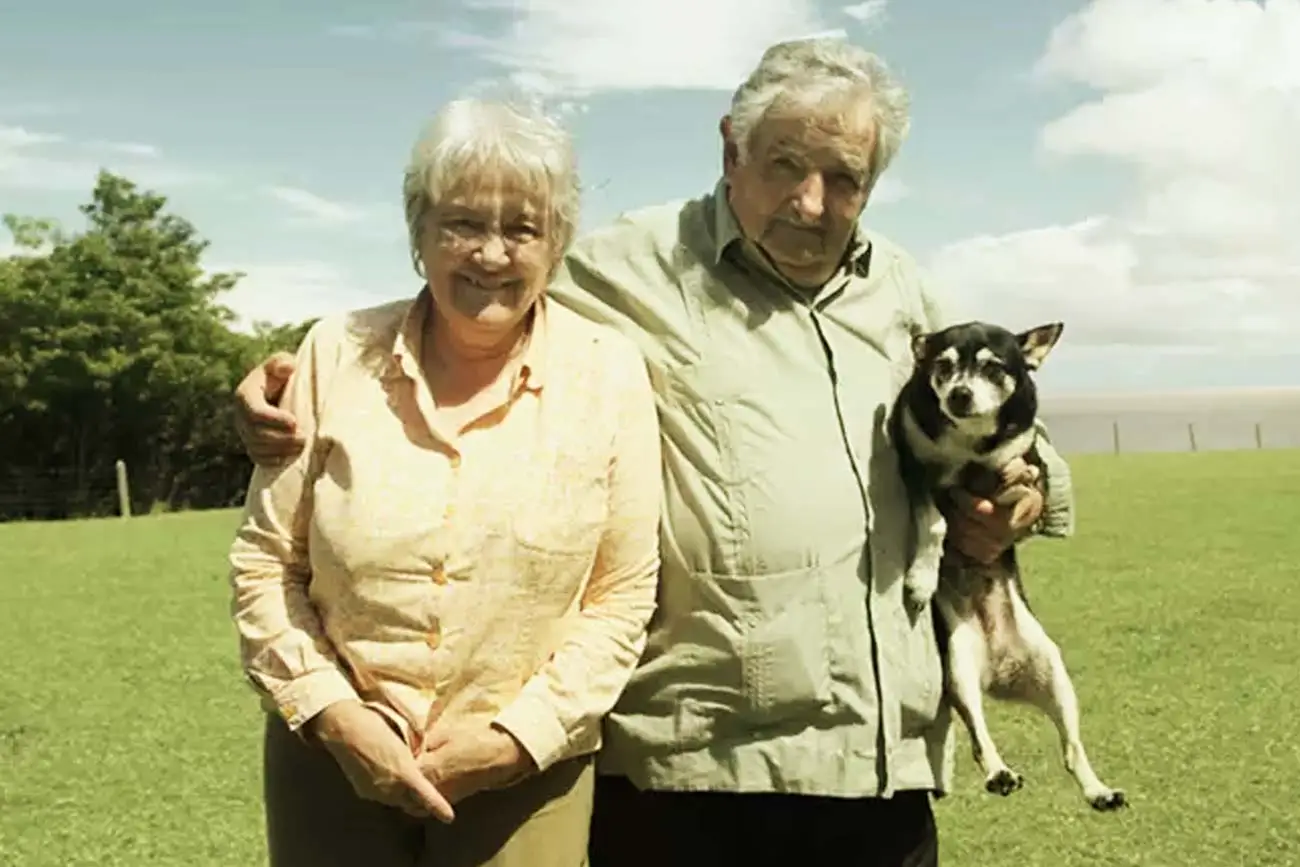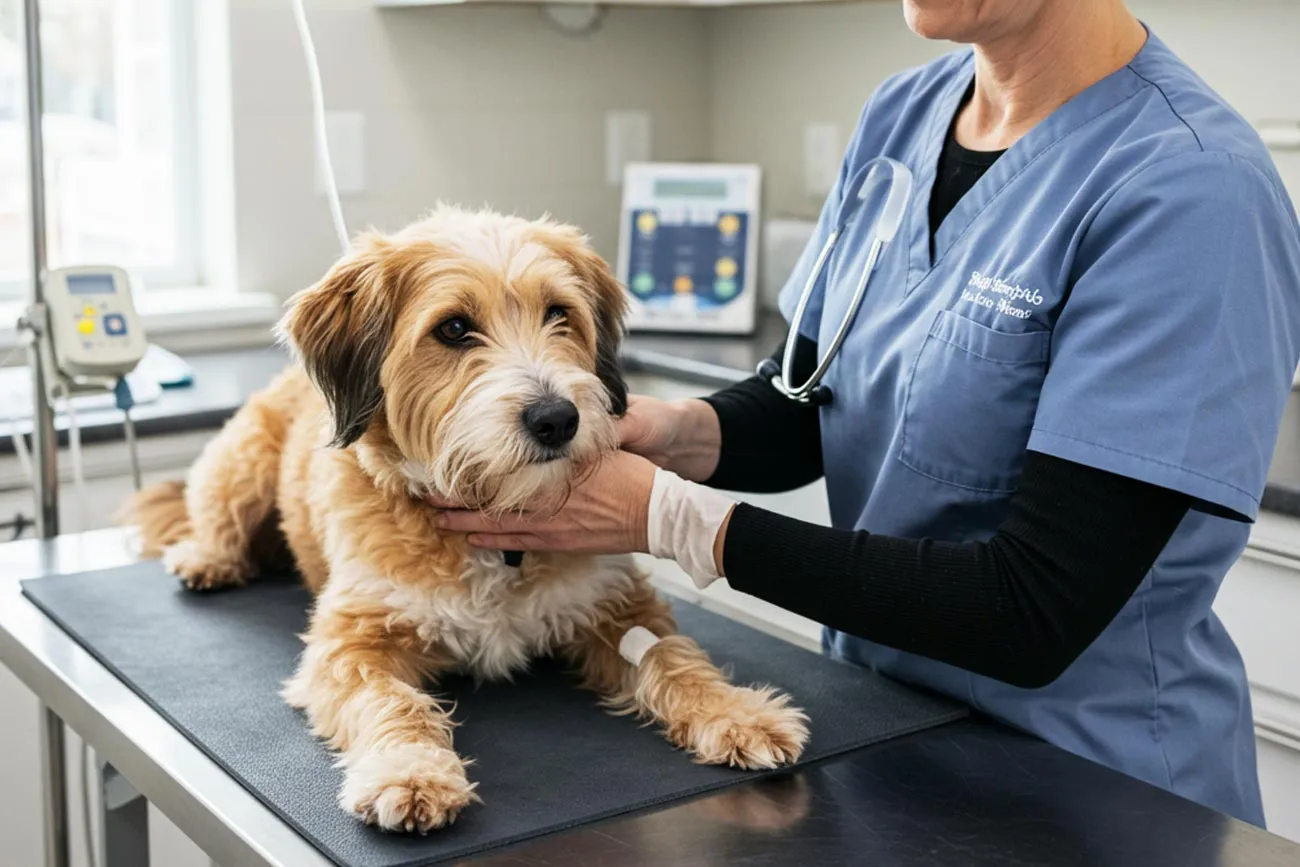If you have noticed signs of aging in your dog, such as decreased energy, weight changes, or difficulty moving, remember that proper nutrition plays an essential role in helping them age with health and comfort. In this article, you will learn how to identify the best food options, which vitamins are recommended, and how to adapt your senior dog's diet in a practical and safe way.
Let’s dive into this topic and discover how to provide the best for your four-legged companion!
Why is senior dog food so important?
Just like humans, dogs undergo physiological changes as they age. The right diet helps minimize the impacts of aging and prevents health problems such as obesity, arthritis, heart diseases, and digestive issues.
Senior dog foods are specifically formulated to meet these needs. They include:
- Lower calorie content, helping to maintain a healthy weight.
- High digestibility, making it easier to absorb nutrients.
- Ingredients that promote joint health, such as glucosamine and chondroitin.
- Antioxidants to strengthen the immune system.
Additionally, selecting the right food prevents the intake of unnecessary or harmful ingredients, ensuring your dog gets exactly what they need.
How to choose the best food for a senior dog?
With so many options on the market, choosing the ideal food can seem challenging. Here are some tips to help:
- Consider your dog's size and breed
Dogs of different sizes and breeds have distinct nutritional needs. For example, small breeds need foods with smaller kibble sizes and high energy value, while large breeds may require formulas that prioritize joint health. - Read the labels carefully
Look for foods that contain high-quality proteins, healthy fats, and easily digestible carbohydrates. Avoid options with artificial colorings or excessive preservatives. - Check your dog's individual needs
If your senior dog has a specific health condition, such as kidney disease or heart problems, it’s essential to choose a specialized food recommended by the vet. - Consult a veterinarian
Nothing replaces professional guidance. A veterinarian can recommend reliable brands suitable for your pet.
Vitamins to enhance a senior dog’s health
Although senior dog food already contains necessary nutrients, vitamin supplements can be an excellent addition to further improve your dog’s quality of life.
Some of the most recommended vitamins include:
- Vitamin E: acts as an antioxidant, protecting cells from premature aging.
- Vitamin C: strengthens the immune system and helps recovery from illnesses.
- B-complex vitamins: support neurological health and provide more energy.
- Omega-3: essential for joint health and maintaining a shiny coat.
- Vitamin D: supports bone and dental health.
Remember: supplementation should be done under veterinary supervision, as an excess of vitamins can also be harmful.
Adjusting a senior dog’s feeding routine
In addition to offering suitable food and vitamins, it’s important to adjust the feeding routine. Senior dogs may experience changes in appetite and digestion, which require some adaptations:
- Divide meals into smaller portions throughout the day to facilitate digestion and avoid overloading the stomach.
- Keep meal times consistent to create a routine that provides security for your dog.
- Serve food at room temperature or slightly warmed to make it more appealing.
- Ensure your dog always has access to fresh water, as hydration is crucial in old age.
These small adjustments can significantly improve your dog’s feeding experience.

Signs that the diet is working
How can you tell if senior dog food and vitamins are having a positive effect? Pay attention to these signs:
- Stable body weight: neither too thin nor overweight.
- Shiny coat without excessive shedding.
- Increased willingness to walk and play, even at a slower pace.
- Firm and regular stools, indicating good digestion.
- Reduced joint pain or discomfort, if your dog has such issues.
If you notice any negative changes, consult a veterinarian to adjust the diet or supplements.
Extra care for a senior dog’s health
In addition to diet, other aspects are essential for a senior dog’s health. Care such as regular check-ups and attention to dental health complement good nutrition.
- Schedule veterinary visits at least every six months to monitor potential health issues.
- Brush your dog’s teeth regularly to prevent infections and discomfort.
- Maintain a routine of moderate exercise, such as gentle walks, to stimulate metabolism and prevent a sedentary lifestyle.
These practices, combined with proper nutrition, ensure a calmer and healthier old age for your pet.
Caring for a senior dog is an act of love and responsibility. Providing high-quality senior dog food, supplementing with vitamins, and adapting the routine to meet your dog’s new needs are fundamental steps to ensure health and longevity.
Remember that every detail matters, from choosing ingredients to the moment of the meal. With dedication and care, you can give your senior dog a comfortable and happy life.
If you found this article helpful, share it with other pet owners! Spreading knowledge is a great way to care even better for our furry friends.

















Add comment